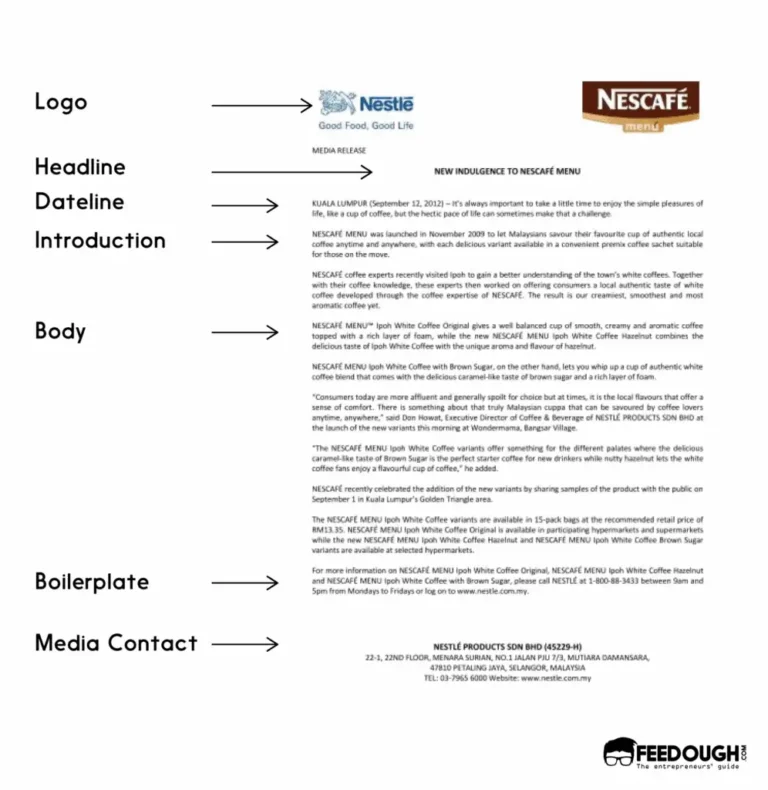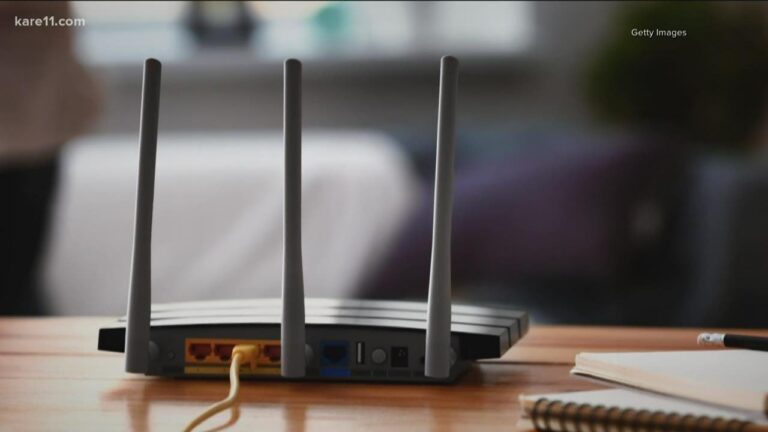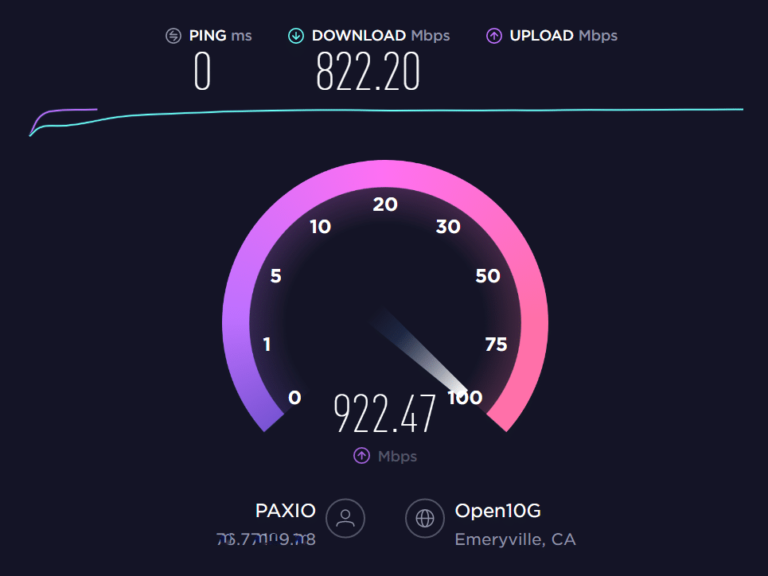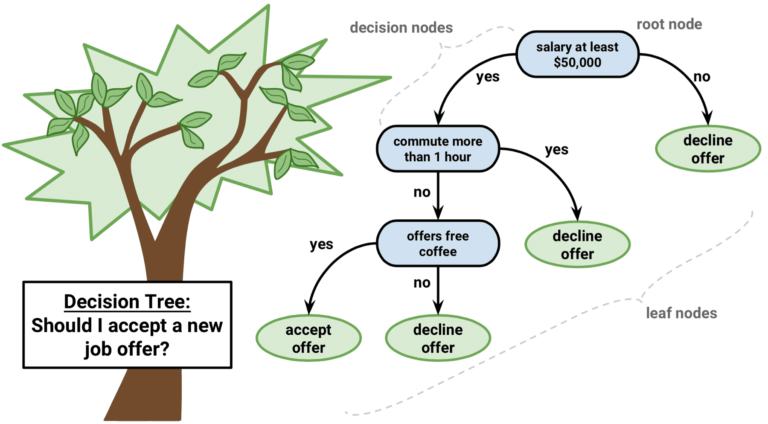Can Hackers Use Wi-Fi?
Hacking is the practice of using computer systems and networks to gain access to unauthorized information or to cause damage. With the increasing prevalence of wireless networks, the question of whether hackers can use Wi-Fi has become an important one. The answer is yes, hackers can use Wi-Fi networks to gain access to computers and networks, as well as to disrupt or steal data. The best way to protect against such activity is to use strong encryption, strong passwords, and other security measures.
What is Wi-Fi?
Wi-Fi is a short-range wireless network technology that allows devices to connect to the internet or other networks without the need for cables or wires. It operates on the same principle as a cellular phone, using radio signals to exchange data between two devices. Wi-Fi networks are usually password protected, which means that only authorized users can access the network. However, this does not guarantee that the network is secure. Hackers can still use Wi-Fi networks to gain access to sensitive information or spread malware. It is important to be aware of these security risks and take steps to protect your network from malicious attacks.
By taking the right precautions, you can protect your Wi-Fi network from hackers. Make sure you are using the latest encryption protocols and have strong passwords on your network. Additionally, consider using a virtual private network (VPN) to add an extra layer of security. Finally, it is important to stay up to date on the latest security threats and keep your devices patched and updated. With the right security measures in place, you can rest assured that your Wi-Fi network will remain safe from hackers.
Types of Wi-Fi Network Security
Wi-Fi network security is a major concern for many individuals and organizations today. With the increasing prevalence of online threats, it is more important than ever to understand the different types of Wi-Fi network security available and the steps you can take to protect yourself.
The most common type of Wi-Fi network security is WPA2-PSK. This type of security encrypts data sent over the network, making it difficult for hackers to intercept and use the data. For enhanced security, WPA3-PSK is available which provides even stronger encryption and authentication for your network.
Another type of Wi-Fi network security is the use of virtual private networks (VPNs). VPNs are a secure way to connect to the internet as they encrypt data and hide your IP address. This makes it very difficult for hackers to gain access to your device or network.
Other security measures that can be taken to protect your Wi-Fi network include regularly updating your router firmware, disabling remote access, using strong passwords, and enabling a firewall. Additionally, you can also set up a guest network for visitors, ensuring that your primary network remains secure.
By understanding the different types of Wi-Fi network security available and following the steps outlined above, you can be sure that your data and devices are protected from hackers. With the right security measures in place, you can be sure that your Wi-Fi network remains secure.
How Hackers Gain Access to Wi-Fi
Networks
Wi-Fi networks are vulnerable to hackers due to their convenience and wide availability. Hackers may gain access to a Wi-Fi network by detecting a vulnerable connection, exploiting a security flaw, or using a stolen password.
In order to detect vulnerable connections, hackers use tools like packet sniffers and network scanners. Packet sniffers are programs that capture network traffic and analyze it for potential weaknesses. Network scanners are used to detect open ports, allowing hackers to gain access to a network.
Hackers can also exploit security flaws in the infrastructure of a Wi-Fi network. Common vulnerabilities include weak encryption algorithms, weak passwords, and outdated software. By exploiting these security flaws, hackers can gain access to a Wi-Fi network without needing to know the password.
Finally, hackers may use stolen passwords to gain access to a Wi-Fi network. Password-cracking programs are used to decipher encrypted passwords, allowing hackers to gain access to a Wi-Fi network without detection. It is important to note that strong passwords are essential for protecting a Wi-Fi network from unauthorized access.
In conclusion, hackers can gain access to Wi-Fi networks by detecting vulnerable connections, exploiting security flaws, or using stolen passwords. It is important to be aware of the dangers posed by hackers and to take steps to secure a Wi-Fi network. By implementing strong passwords and regularly updating network infrastructure, individuals and organizations can reduce their risk of being hacked.
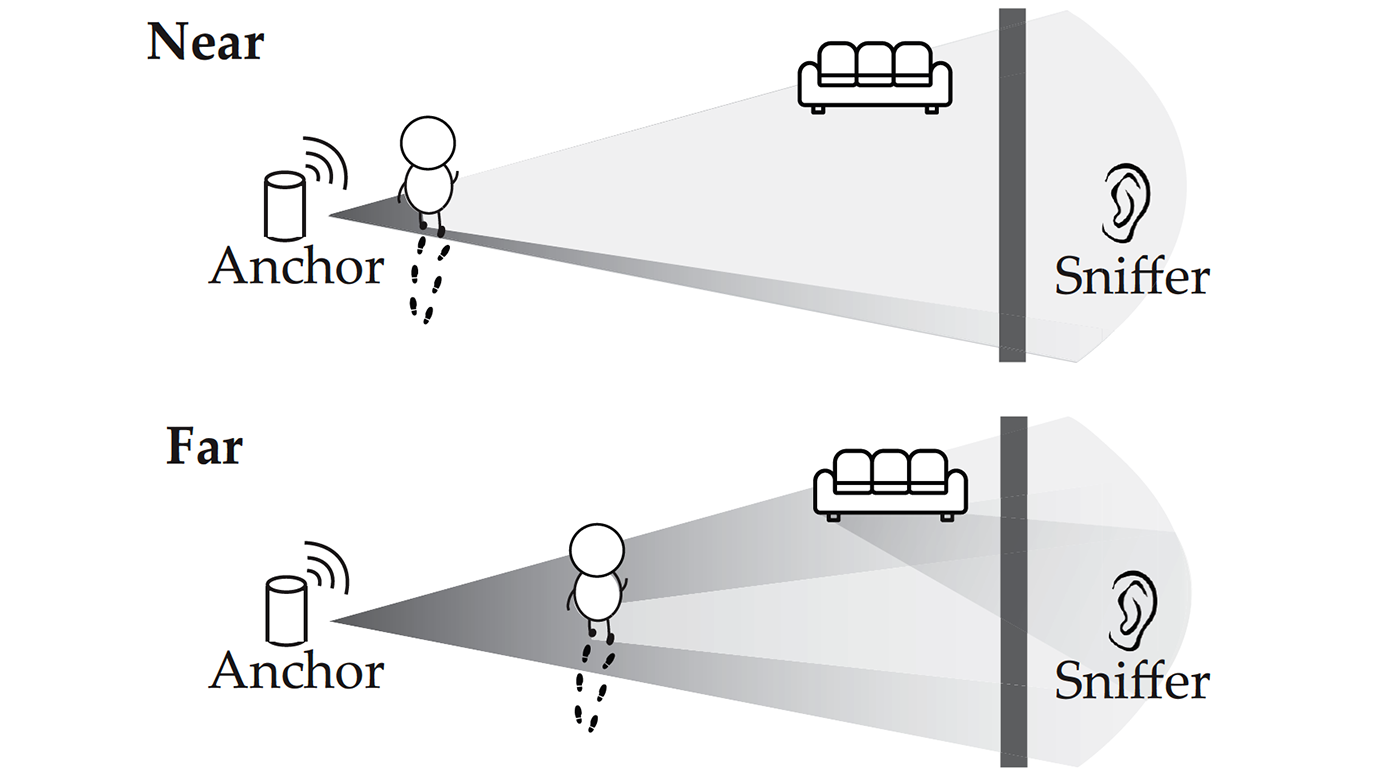
What Hackers Can Do Once Access is Gained
?
As technology continues to advance, it is becoming increasingly important for us to understand the potential risks of connecting to public Wi-Fi networks. Hackers are able to use Wi-Fi networks to access a wide range of sensitive data, from personal information to financial data. So, can hackers use Wi-Fi? The answer is yes, and they can do a variety of nefarious activities once they have gained access.
Hackers can use Wi-Fi networks to steal usernames and passwords, change website content, hijack online accounts, and even launch a Denial of Service (DoS) attack. They can also use the network to access confidential information such as emails, medical records, and banking information. Not only can hackers access this information, but they can also use it to commit identity theft and other frauds.
In addition, hackers can use Wi-Fi networks to spread malware and ransomware. They can also launch attacks on other networks connected to the Wi-Fi network, such as an internal network in a business. This could result in serious data loss or disruption of operations.
It is important to understand the potential risks of using public Wi-Fi networks, and the ways hackers can use them to gain access to sensitive data. Taking steps to protect yourself, such as using a virtual private network (VPN), can help reduce the risk of being targeted by hackers. It is also essential to ensure that your security software is up-to-date and that you never use an unsecured connection.
Steps to Securing Your Wi-Fi Network
Wi-Fi is a convenient and reliable way to stay connected, but it can also be vulnerable to hackers. To ensure your network remains safe, it is important to take necessary steps to secure it. Here are some tips on how to keep your Wi-Fi network safe from malicious attacks:
1. Change your router’s default password: Your router’s default password can be easily guessed by hackers, so it is important to change it to something more secure.
2. Use strong encryption protocol: WPA2 is the current encryption protocol used to provide Wi-Fi security. Make sure your router is using WPA2 to prevent unauthorized access to your network.
3. Disable remote access: Remote access should only be enabled if you know what you are doing. If you are not sure, it is best to disable it to prevent hackers from accessing your network.
4. Disable Wi-Fi Protected Setup (WPS): WPS is a feature that makes it easy to connect devices to your network, but it can be vulnerable to attacks. It is best to disable this feature if it is enabled on your router.
5. Use a VPN: A virtual private network (VPN) can help to protect your data by encrypting your traffic and masking your IP address. This is especially useful if you are using public Wi-Fi networks.
By following these steps, you can ensure your Wi-Fi network remains safe from malicious attackers. Remember, security is always a top priority when it comes to protecting your data and devices.
Conclusion
In conclusion, it is clear that hackers can use Wi-Fi networks to gain access to data and resources, and it is important for individuals and businesses alike to take the necessary steps to protect their networks. In some cases, hackers may be able to gain access to a person’s or business’s system without their knowledge. It is important to understand the risk associated with Wi-Fi networks and take measures to protect yourself. This includes using strong passwords, keeping software and operating systems up to date, and regularly monitoring your system for any suspicious activity. With the right precautions in place, you can help protect yourself from hackers and their malicious activities.
FAQs About the Can Hackers Use Wi-Fi?
Q1. Can hackers use Wi-Fi to gain access to my personal information?
A1. Yes, hackers can use Wi-Fi to gain access to unsecured networks and potentially gain access to personal information stored on those networks. It is important to secure your Wi-Fi network with strong passwords and encryption to protect your information from potential hackers.
Q2. Are there steps I can take to protect myself from hackers using Wi-Fi?
A2. Yes, there are several steps you can take to protect yourself from hackers using Wi-Fi. Some of these include using strong passwords, using a virtual private network (VPN) to encrypt your connection, disabling remote access to your network, and disabling file sharing on your network.
Q3. What should I do if I think my Wi-Fi has been hacked?
A3. If you think your Wi-Fi has been hacked, you should immediately change your password and enable encryption on your network. You should also run a virus scan on all devices connected to the network. If the problem persists, you should contact your internet service provider for further assistance.
Conclusion
In conclusion, hackers can use Wi-Fi to gain access to a person’s network and data. While there are some security measures that can be taken to reduce the chances of a hacker accessing a person’s network, it is ultimately up to the user to ensure their network is secure. By taking the necessary steps to secure their Wi-Fi network, users can better protect their data from potential hackers.
